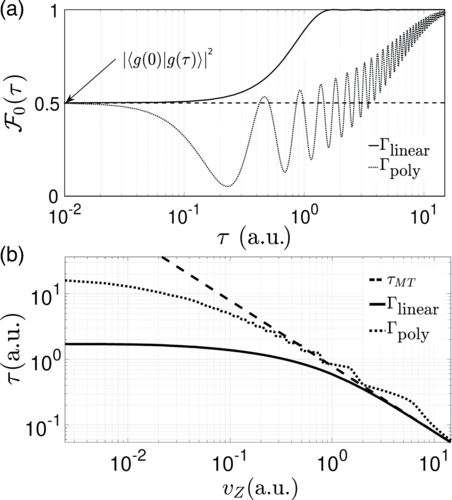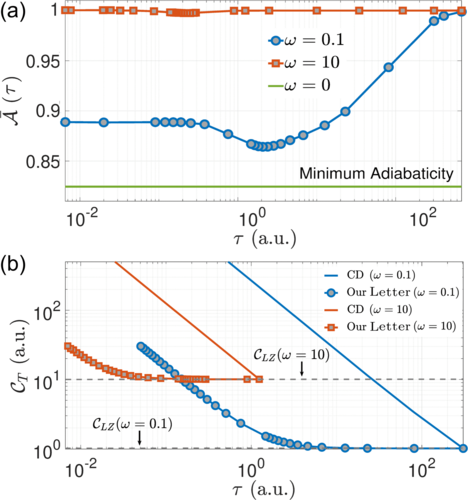The IDEADED-UB (IQTC) collaboration bears fruit
The high sensitivity of quantum systems to the slurp generated by their environment represents one of the major obstacles to the application of quantum computing to problems of practical interest. While a classical transistor can perform billions of operations per second for thousands of years without a single hardware error, the information contained in a qubit becomes random in a matter of milliseconds. This makes it impossible to execute algorithms involving a practical number of logical ports without an error occurring.
The most commonly used method to address the problem of quantum decoherence and noise is error correction. Unfortunately, qubit correction is mainly based on redundancy and requires a number of elements (~1000 physical qubits per logic qubit) that far exceed the capacity of today’s best quantum computers. A much less explored alternative to combat the effects of quantum decoherence is error prevention techniques. One of the objectives of what is known as “time-optimal quantum control” is to make it possible to execute the maximum number of logical steps in the minimum possible time. These types of techniques have proven to have significant advantages in analytical quantum computation and in the generation of complex interleaved states. In combination with error correction and mitigation algorithms, the use of optimal quantum control could substantially increase quantum computers’ computing power in the near term. In some cases, optimal quantum control would not only be over time but also over energy.
The collaborative project that brings together IDEADED and the University of Barcelona (UB) focuses on the optimization of control techniques for systems based on quantum computing. In particular, the project is based on using time-optimal quantum control techniques to design new protocols that allow the efficient implementation of a universal set of logic gates. The close collaboration between Professors Josep Maria Bofill and Ibério de P. R. Moreira from the Institute of Theoretical and Computational Chemistry and Dr. Guillermo Albareda, director of the research area of quantum devices at IDEADED, has recently been formalized through the co-direction of Mr. Lluc Garcia as an industrial doctoral student. Lluc’s commitment and rigor have already begun to bear fruit, this time in the form of a publication in the journal Physical Review Letters:
Highly Adiabatic Time-Optimal Quantum Driving at Low Energy Cost. Ll. Garcia, J. M Bofill, I de P. R. Moreira, G. Albareda. Physical Review Letters 129 (18), 180402 (2022)

Fig 1 
Fig.2
(a) Fidelity F0 as a function of τ, Eq. (8), for ω=2 and two different LZ Hamiltonians with Γlinear (solid line) and Γpoly (dotted line). The dasehd line corresponds to |⟨g(0)|g(τ)⟩|2=|⟨ψi|ψf⟩|2. (b) Duration of the protocol time τ as a function of the energy resource of the control vz for the same settings (where a.u. refers to atomic units). Both regimes in Eq. (10) can be identified depending on the energy resource of the control for Γpoly. Contrarily, for Γlinear the LZ Hamiltonian always acts as a favorable wind.
Figure 2
(a) Time-averaged adiabaticity ¯A, Eq. (13), as a function of τ for Γlinear and different values of the coupling constant ω. Note that the minimum adiabaticity (green solid line) occurs at ω= 0, where the level crossing induces an exchange of roles between ground and excited states. (b) Cost (in atomic units, a.u.) of implementing the proposed (solid lines with markers) and the counterdiabatic (solid lines without markers) protocols calculated through Eq. (14). CLZ (dashed lines) denotes the cost of implementing solely the LZ Hamiltonian. It is clear from the above panels that imposing full adiabaticity at high speeds may result in being orders of magnitude more expensive than assuming a slightly nonadiabatic evolution.
